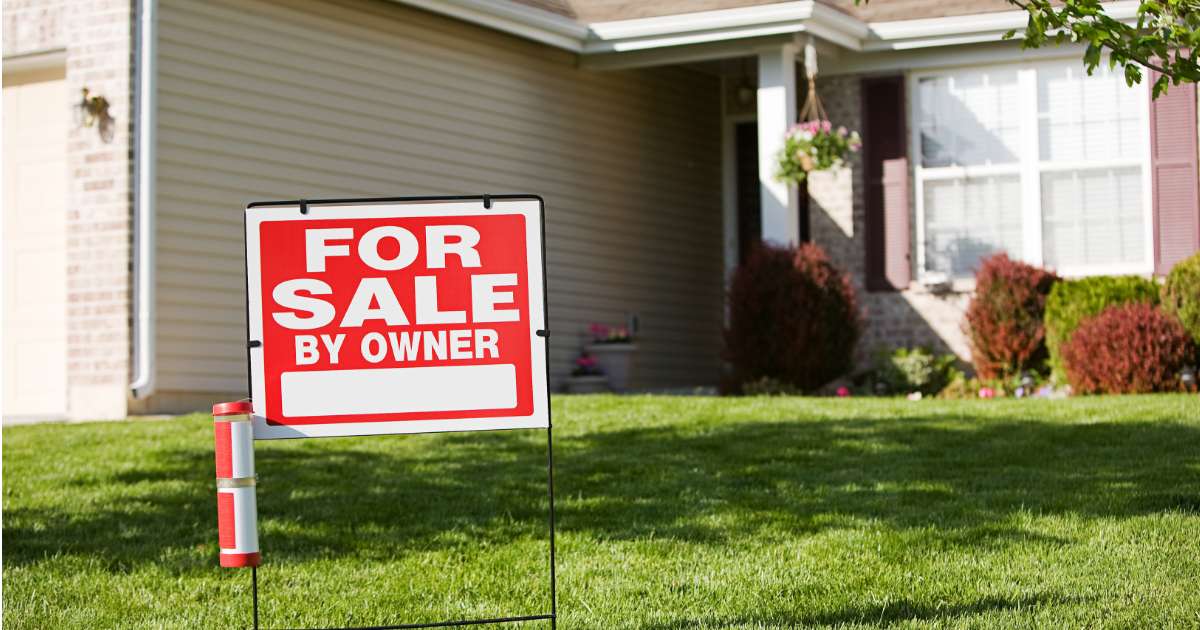Challenges for heirs after probate
Owning a house after probate is an honor that comes with financial responsibilities. In this article, we’ll look at possible mortgage payments, property taxes, and capital gains taxes. We’ll also cover what to do if there are liens on the inherited house.

Mortgage payments when the inherited house isn’t paid off
If the house isn’t paid off, the inheritor will have to continue to make the payments. It’s important to:
- Look at the terms of the loan. Review the terms of the mortgage loan and the payment schedule. You’ll need to talk to the lender immediately to notify them of the change of ownership and find out how to transfer it to your name. To do this, be prepared with proof of insurance and the death certificate.
- Look at your finances. Do you have enough income to keep the house and pay the insurance and taxes, as well as maintain the property?
- Consider refinancing. You may be able to reduce monthly payments, depending on the economy, your credit score, equity in the property, and your income.
Property taxes, inheritance taxes, and estate taxes in Georgia
When it comes to inherited house taxes, as long as the inherited property was from someone in Georgia, there are no inheritance or estate taxes. Property tax information and bills can be found on the Fulton County Government website. These taxes must be paid when due.
Mechanical liens on an inherited property in Atlanta
A thorough title search can help identify any existing liens on the property. Mechanical liens result from work done on the property that wasn’t paid for in full. Although not common, if it does occur, seek the advice of an attorney.
Deferred maintenance
Although it’s a difficult time, it’s important for the new owner to look at repairs that are needed on the property, as some of them will need quick attention before more damage accumulates. Dealing with necessary repairs can also be time-consuming and expensive. Here are some tips to make it more manageable:
- Inspect and prioritize. Do an inspection of the property to learn what needs to be addressed. Consider minor things like leaky faucets and major issues like a bad roof. Prioritize work based on safety and urgency. Some issues should be repaired quickly before they do more damage.
- Develop a budget. Outline the cost of repairs and get estimates from contractors for major repairs. Budget funds for immediate issues and maintenance that will be needed in the future.
- DIY or hire professionals? What tasks can you do yourself, and which ones will need to be hired out? Of course, DIY projects save money, but some issues like electrical repairs require a licensed professional, permits, and inspections.
- Save documents. Keep all repair records, including receipts, invoices, and contracts. This will help you track expenses but is also valuable if you decide to sell the property.
Reverse mortgage loans
You have several options if you inherit a house with a reverse mortgage loan. BankRate describes a reverse mortgage as a loan that “allows older homeowners to supplement their income in retirement by tapping the equity they've built up in their homes.” It is geared toward people who are older than 62. Inheriting a house with a reverse mortgage loan can add stress to an already emotional and difficult situation, and may present you with difficult choices. Here are some options available to you:
- Sell the house and use the money to pay off the loan.
- Hand over ownership of the property and deed the house to the mortgage company.
- Pay off the loan. According to Nolo.com, “Generally, with a HECM, the heirs may pay lesser of the mortgage balance or 95% of the current appraised value of the home. FHA insurance will cover the remaining loan balance.” HECM stands for “home equity conversion mortgage,” and it’s the same as a reverse mortgage. Be aware that, often, a lot of red tape and frustration is experienced when going this route.
Capital gains tax on inherited property
Inheriting a house in Atlanta means that heirs inherit the property at its current market value rather than its original purchase price, which is called a “stepped up basis.” This means they don’t pay capital gains taxes on the house. But if the heir decides to sell the property, a capital gains tax will be levied at a rate of 5.75%. If you lived in the inherited house for at least two of the previous five years, you can get a tax exclusion of up to $250,000 if single or $500,000 if married.
Sell your inherited house to HomeVestors® and avoid inherited house hassles.
If you want to avoid the stress that sometimes comes with inheriting a house, HomeVestors® provides fast offers and buys properties in “as is” condition—meaning you don’t have to make any repairs or even clean. If there are unwanted items in the house, you can leave them, and we’ll take care of them for you. We make the process easy, stress-free, and convenient for our sellers.
Just contact us for a free, no-obligation consultation at your house. One of our local, friendly Atlanta property buyers will meet you, take a tour of your property, and answer your questions. We can sometimes give you a fast offer the same day. If you accept our offer, we do our best to work on a closing timeline that meets your needs because your priorities are our priorities.
We’ve been helping homeowners in Atlanta sell their homes for years and have garnered incredible reviews from our sellers. We have no hidden fees, charge no commissions, and pay typical closing costs. Our offers are typically below market value in exchange for speed and convenience. If you are thinking of selling your inherited property, contact us to learn more about selling it quickly with no hassles.
This blog is for informational purposes only and should not be considered legal advice.



